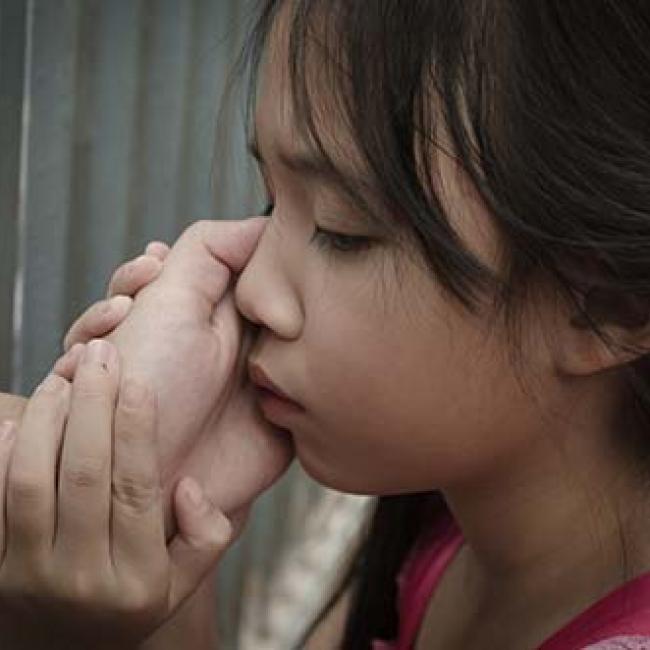Project Summary
The project team examined how parents’ interactions with the criminal justice system affect children’s health and well-being outcomes. The team analyzed over a decade’s worth of North Carolina statewide administrative data to explore whether and how the presence of children in a defendant’s life affects sentencing decisions, and if those decisions impact children’s experiences with the foster and health care systems, specifically, how criminal sanctions for parents affect children’s health and health care utilization.
Research Questions/Aims
- How do specific sanctions applied to parents affect child wellbeing during follow-up?
Actionability
- Inform efforts to reform mandatory sentencing guidelines, particularly when a child is involved, by helping decision-makers and other stakeholders better understand whether and how sanctions against parents impact child health outcomes.
Results
Parental incarceration was associated with young adults’ increased odds of having an anxiety disorder, having a felony charge, spending time in jail, not completing high school, becoming a parent when younger than 18 years, and being socially isolated.
In a sample of 6,940 adults who had a child identified in the birth records that were arrested on a child maltreatment charge during 2005-2010 in North Carolina, very few were re-arrested on a child maltreatment charge during a three-month to three-year follow-up period. However, re-arrest on a non-child maltreatment charge was quite common, as was having at least one child become involved with CPS during the follow-up period. Having been convicted reduced the probability of re-arrest on a non-maltreatment charge, but not on re-arrest for child maltreatment. CPS involvement close to the time of the arrest for child maltreatment was associated with a higher probability of involvement with CPS in the future. Evidence indicates policies and programs aimed at reducing recidivism and reducing negative outcomes for children with parents involved with the criminal justice system can be better targeted to serve both parents and children.
Outcomes
Health: Visits for treatment, hospitalizations, visits, and new diagnoses; general health care access; prevention of avoidable hospitalizations; acute injury (hospitalizations for reasons associated with child abuse, hospitalization for injuries that may signal child maltreatment, a count of emergency room visits, and hospitalizations for other reasons)
Other: Sentence leniency, total Medicaid expenditures per child
Methodology
Quasi-experimental design employed an instrumental variables (IV) approach using statewide administrative data that were linked across individuals and across generations. The IVs were the prosecutor's prosecution rate and the judge's conviction rate.

Duke University